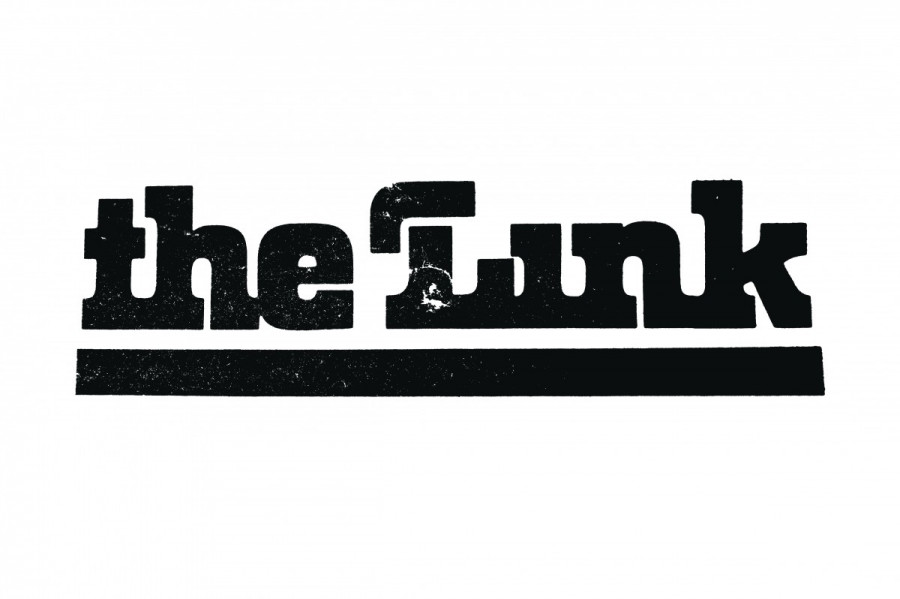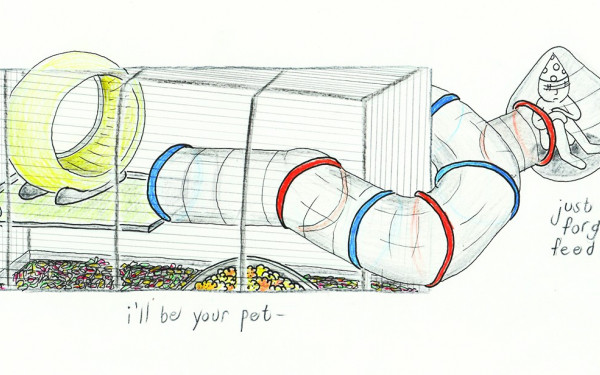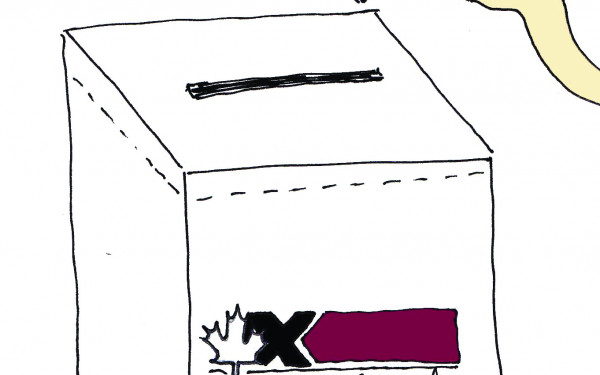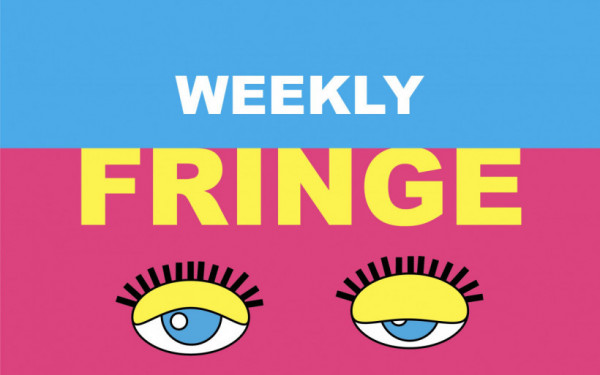The Link’s 35th
A Former Editor Reflects on His Time at the Paper in the ’80s
The Link will, for me, always be about all those sleep-deprived hours I happily squandered in the gritty office whose designation I still remember—Room H-649 of the Hall Building.
And yet, one of my more bizarre Link moments took place at the N.D.G. campus.
On one spring night, did I truly spend an exhausting, feverish time in a damp Loyola basement, ripping away page after page from every copy of that week’s issue?
Three decades later, that weird memory is growing hazy but remains obstinate enough to linger in my brain like an unpleasant aftertaste.
The dim light in that basement, the dull, repetitive task, the ink-stained fingers, the growing irritation—wasn’t I supposed to be in class later that morning? What was I doing with my life?
In the fall of 1983, midway into my undergraduate studies in computer science, I had wandered into the newspaper’s office and drank the Kool-Aid. I hadn’t fully mastered English yet (it was my third language) so I helped with production and volunteered for all the thankless tasks—such as that memorable time we had to tear away one specific article from every copy of The Link’s 15,000-odd circulation.
We were in the middle of elections for the Concordia University Students’ Association, now the Concordia Student Union, and the association’s judicial board ruled that one particular negative article was unfair to one team of candidates. We had to either dump the entire edition or yank away the specific page and salvage the rest.
Back then The Link was one of many groups funded by the student association—their money, their rules. We had to comply.
It was a bizarre time, but then the four years I spent at The Link in the mid-1980s were like that—inspiring but also acrimonious, madcap, confusing, infuriating.
By the time I left the paper was on its way to becoming financially autonomous, no longer shackled to the student association.
Freedom of the press also meant having to control our means of production.
Still fresh from the merger of The Georgian and The Loyola News, The Link kept offices at both campuses.
We published twice a week and each production cycle took two nights. The first night took place in a dingy apartment block off Sherbrooke St., where Loyola student groups were housed. That was the editing and layout night, and we still used manual typewriters during my first year.
Cut-and-paste meant exactly that: cutting a chunk of text with scissors and re-pasting it elsewhere on the page with tape. We counted how many characters each story had, estimated the length, then designed the pages on mockups. The articles would be retyped at a typesetting shop operated by the CUSA.
The second production night, downtown at H-649, involved pasting the typeset galleys onto the mockup pages with hot wax and exacto knives.
Compared with our friends at The McGill Daily, “Linkies” liked to think of themselves as being less politically dogmatic. Nevertheless, that fall of 1983, The Link was an aggressive paper, staunch in its leftist politics and publishing daring, controversial investigative articles, alleging that varsity athletes were paid to play. It was too much for a handful of staffers, who decided to splinter off and start a new paper, The Concordian.
We also didn’t help our image by pulling juvenile pranks. The Link published on Tuesdays and Fridays. A new rector was being announced, and we didn’t want the administration paper to be first with the news. Some of us decided to call the printer of the Thursday Report, pretending to be a Concordia administrator who asked that the TR not be delivered because of some purported labour strife. The Link thus got the scoop first.
Therefore, a lot of people on campus didn’t like us: the administration, the student association, the Concordian staff.
Becoming more autonomous meant assuming more production responsibilities. We purchased our first computers—portable Kaypro models that were the size of sewing machines.
We bought a typesetting machine. The office smelled of heated paste-up wax, and the more hardcore Linkies had their own precision exacto knives.
It was a grind. Preparing the paper took four full nights each week. We spent so much time in H-649 that one handy staffer rigged a pair of bunk beds inside the office (two sleeping berths that were anchored on the ceiling with metal cables).
I became The Link’s editor in 1987 (we didn’t call it editor-in-chief because we didn’t believe in hierarchy). I don’t remember many specific nights, just a mega-concatenated feeling of permanent burnout. The hallway leading to H-649 also housed the CRSG, the Sir George Williams campus’ radio station, so the area was a magnet for misfits, career students and other campus oddballs.
Frankly, looking at some of the issues that we published then, I cringe at the poor design, earnest writing and inane inside jokes. And yet I feel pride when later generations of Linkies take note of some of our shenanigans, such as Dwayne Perreault’s legendary interview with Hunter S. Thompson.
I was also pleased to see that two covers I designed are still evoked among The Link’s memorable front pages.
There were no computer graphics in those days. Each element in it, each colour, each drawing, had to be hand cut. It took hours and it was done just for the sheer joy of creating something nonsensical.
The Link steered me towards a career in journalism, first at The Montreal Gazette then at The Globe and Mail for the past 20 years.
The Link was my true undergraduate major. I didn’t just learn journalism there. I learned to pay attention to details, to be a good team player, to be a better person. I am proud to have that common experience with all of you, even those I have never met. We share the same bond.






